Aldermen quickly approve amendment to anti-camping ordinance
In what is generally a rarity within the Manchester Board of Mayor and Aldermen (BMA), the rules were suspended to amend a city ordinance on the same night as the city modified its ordinance regarding camping in public places.
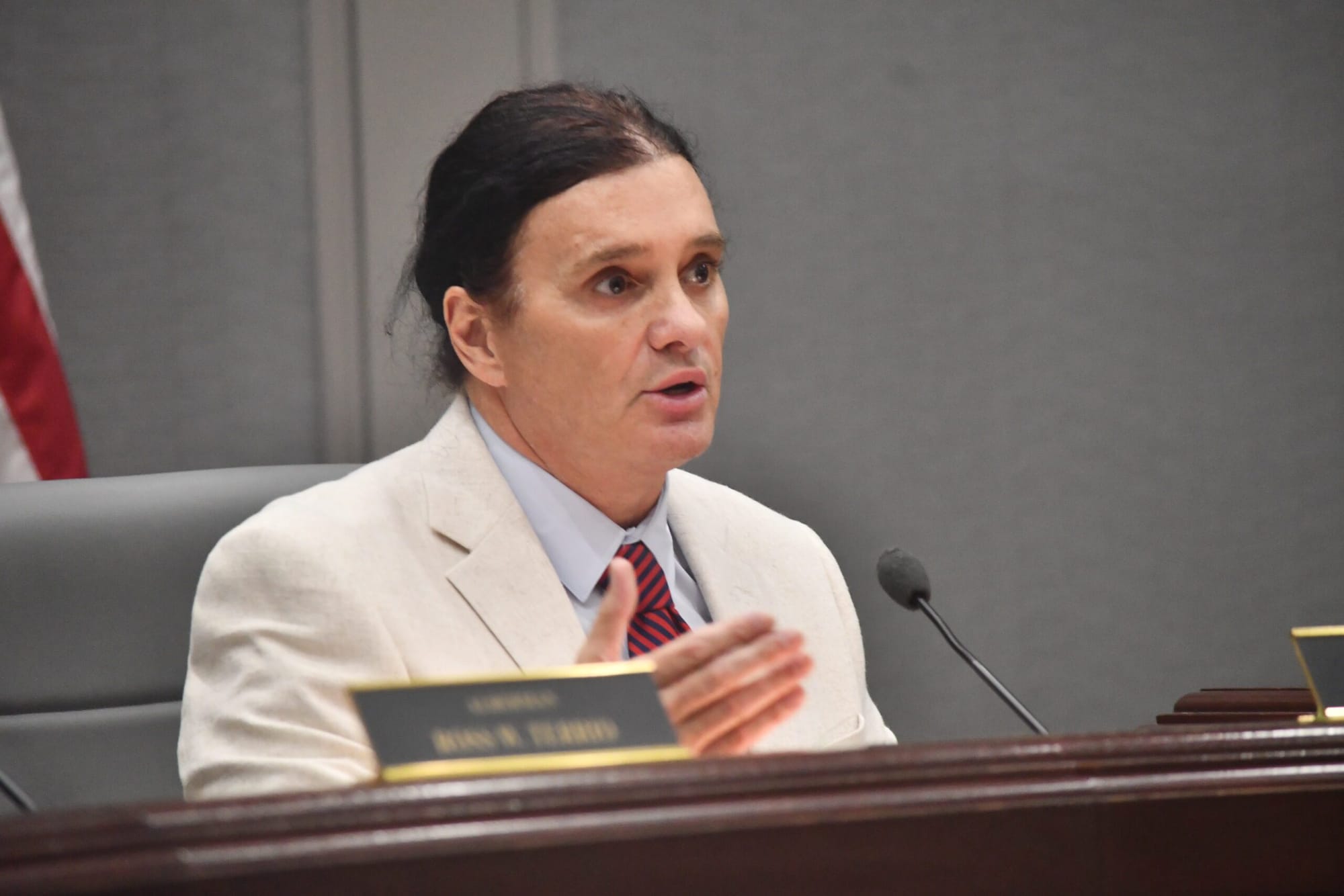
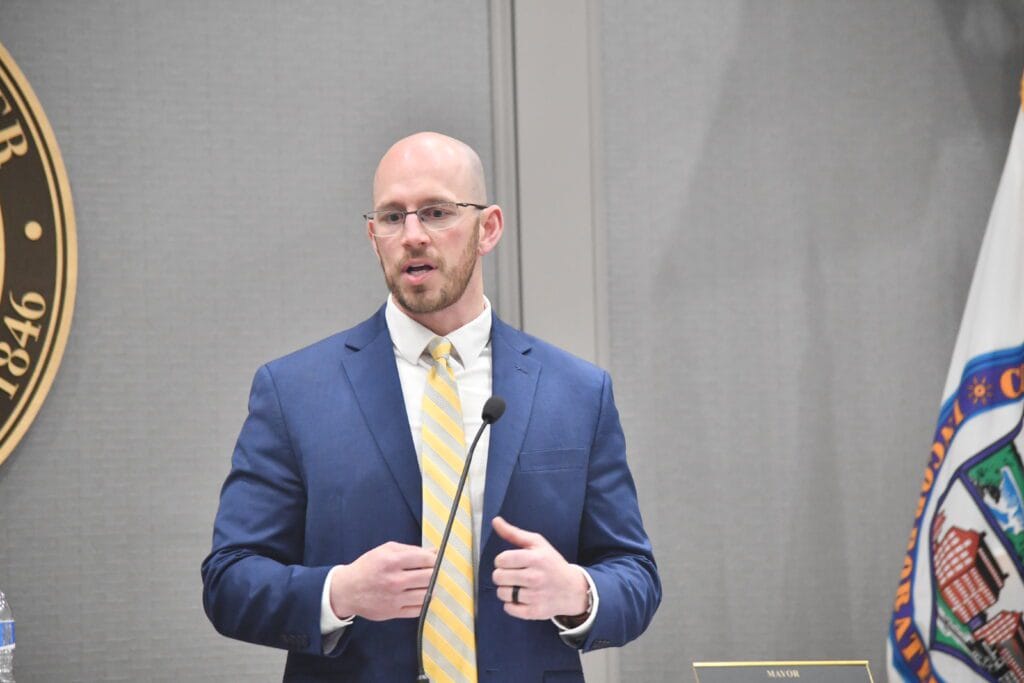
MANCHESTER, N.H. – In what is generally a rarity within the Manchester Board of Mayor and Aldermen (BMA), the rules were suspended to amend a city ordinance on the same night as the city modified its ordinance regarding camping in public places.
The ordinance, Section 130.13, essentially prohibits making any public place into a dwelling or residence without consent of the BMA. Tuesday’s amendment removed Part B from Section 130.13, which allowed the Manchester Police Department to only enforce the ordinance when space was available at an overnight shelter in the city. Additionally, Tuesday’s action also removed language from Part A of Section 130.13 regarding “sunset to sunrise,” as the enforcement was also only allowed to be done legally at night.
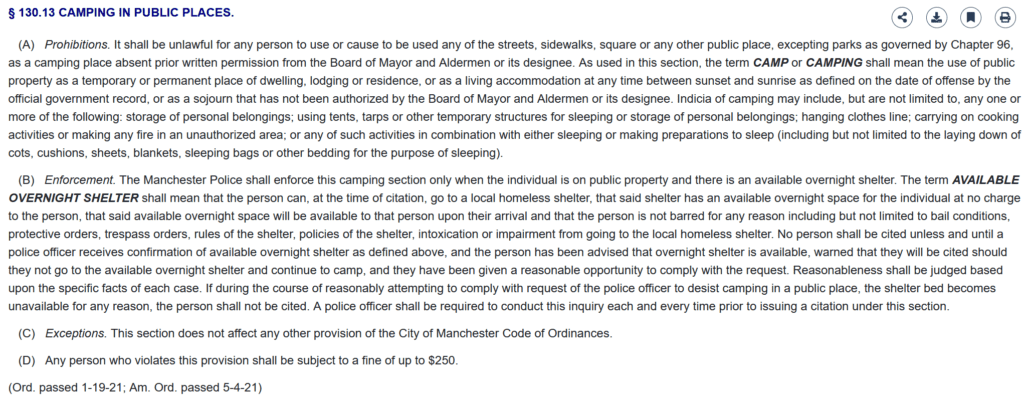
Over an hour of public comment took place during Tuesday’s BMA meeting, much of which either supported or opposed the proposed ordinance change. Opponents of the change mostly claimed that the change would criminalize homelessness, although only the state legislature can provide criminal penalties in the State of New Hampshire. There was also frustration with an unrelated budget transfer of $500,000 from the city’s urban park ranger program into the Manchester Police Department that was seen as tangentially related to help increase enforcement of the ordinance change, which gives police officers the right to fine anyone up to $250 for violating the ordinance.
Supporters of the ordinance change generally felt that there was a need to address unseemly behavior and safety concerns happening on sidewalks and parks, where some said certain areas had become impassible and other areas had become rife with drug use and public defecation and fist fights among other issues.
While the ordinance before and after the change did not reference the term “homeless,” it was inferred by most individuals discussing the ordinance that the city’s homeless population would be the majority of those potentially facing fines from the ordinance’s amendment.
Support for the ordinance amendment was unanimous with the exception of Ward 4 Alderman Christine Fajardo, with support for suspension of the rules to ordain the amended ordinance also unanimous with the exception of Fajardo and Ward 5 Alderman Anthony Sapienza.
The change came in part to the U.S. Supreme Court’s ruling overturning and remanding City of Grants Pass, Oregon v. Johnson that had claimed anti-camping ordinances by cities constituted cruel and unusual punishment as defined by the 8th Amendment to the U.S. Constitution. That ruling abrogated the 2018 U.S. Court of Appeals for the Ninth Circuit case Martin v. Boise, which had been at the heart of Part B’s purpose in Manchester’s Section 130.13 when it was created.
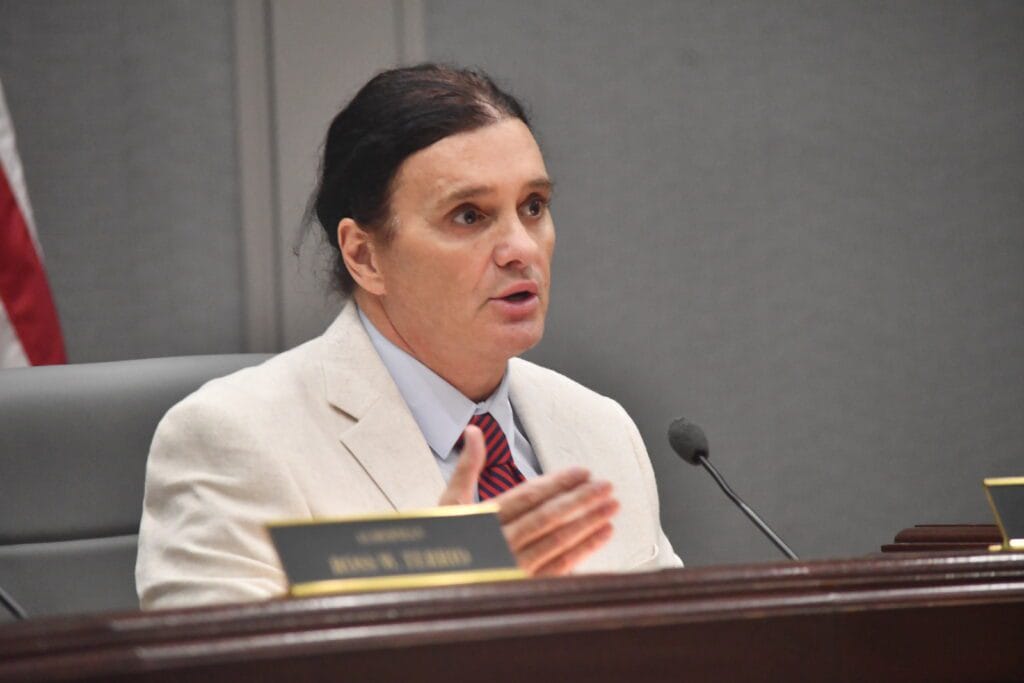
Aldermanic Chairman Joseph Kelly Levasseur said that it could not be understated what role City of Grants Pass, Oregon v. Johnson had regarding not just Manchester, but cities all over the country, adding that Section B was in place only to prevent lawsuits and it was the only ordinance of its kind in New Hampshire.
“The Supreme Court lifted the yolk off police departments not only in Manchester, but all over this country to be able to do their jobs,” he said.
Ward 9 Alderman Jim Burkush expressed frustration from his constituents that told him they could not use a nearby rail trail due to hypodermic needles on the ground and unauthorized campers attacking firefighters with dogs.
Ward 3 Alderman Pat Long and Ward 10 Alderman Bill Barry also said that while people should be respectful of the homeless population, in turn the homeless population should be respectful of other residents. At-Large Alderman Dan O’Neil saw the change as a measure of compassion after citing a recent incident where he saw people taking dismissive pictures of homeless individuals sleeping on a sidewalk.
“Those people saw the homeless as second-class citizens and I was taken aback by that,” said O’Neill.
Manchester Mayor Jay Ruais noted the numerous things his administration has attempted to do regarding the issue of housing and homelessness ranging from updating the city’s zoning ordinance to make housing construction easier to extending funding of the Beech Street Shelter until the end of November to a pilot program providing identification cards to homeless individuals to a recent auction providing over a million dollars to the city’s affordable housing fund.
He and others on the board also praised the Manchester Police Department’s compassion, believing that they would only issue fines if they deemed it necessary.
“No one is looking to penalize someone for being homeless,” said Ruais.
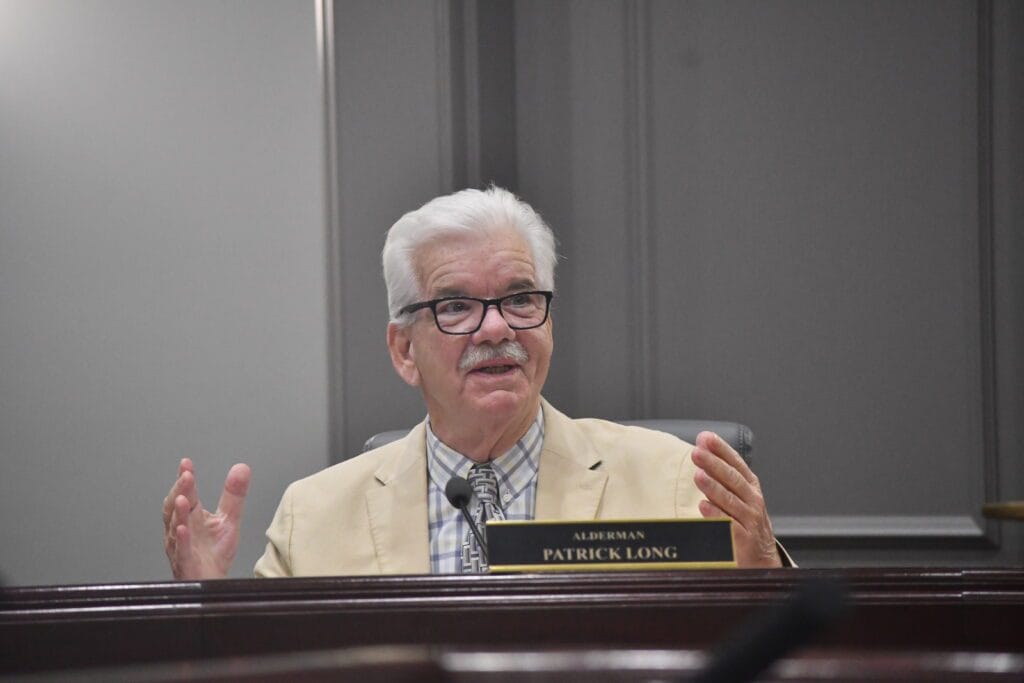
Fajardo agreed with the sentiments of those who felt that those camping on sidewalks or parks constituted a public safety problem. However, she felt uncomfortable voting on the measure without providing an alternative location for these people to go, particularly a path to housing of their own.
“We can’t just band-aid and piecemeal our way out of this,” she said. “We’re not providing people with anything.”
Mayor Ruais issued the following statement following the vote:
“With the recent opinion issued by the U.S. Supreme Court in the Grants Pass, Oregon v. Johnson case, I am pleased the Board of Mayor and Aldermen voted 12-2 to strike “sunrise to sunset” in Section (A) and all of Section (B) from City Ordinance 130.13 to ban camping and otherwise make our streets safe, clean, and passable.”
“We must address this challenge in a comprehensive way, and we have already undertaken 11 initiatives to address the underlying drivers of homelessness and the need for more affordable housing in our city. If an individual wants and needs help, it is available. However, anyone choosing to ignore our ordinances or break the law, will be subject to the applicable legal consequences.”
“Toward this end, I asked for and the BMA voted unanimously to transfer $500,000 to the Manchester Police Department for the purpose of providing regular police details at our city parks and adjacent areas to provide a consistent law enforcement presence to deter and penalize illegal activity. There is no doubt that this action will benefit our residents, visitors, and the business community who wish to enjoy our public spaces. I thank the BMA for taking this immediate action to support these measures which will help secure our parks and our city.”
Mayor Jay Ruais





